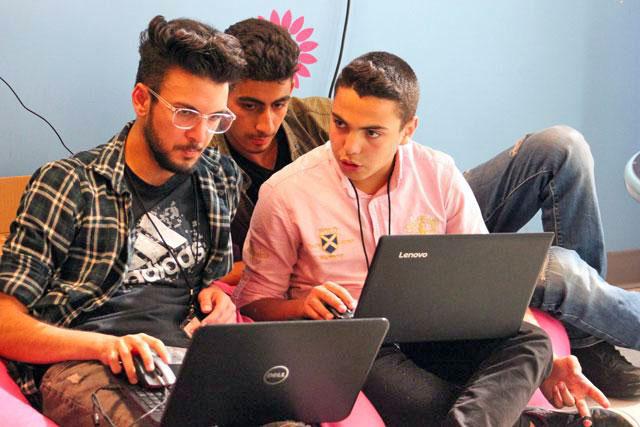You are here
Jordan in state of ‘mixed readiness’ for future of work — report
By JT - May 23,2017 - Last updated at May 23,2017
AMMAN — A study ranking countries in the region based on their ability to attract, grow and retain talent, the Middle East and North Africa Talent Competitiveness Index, was released on Sunday by the INSEAD Business School, Google and the Centre for Economic Growth, an INSEAD statement said.
Released on the occasion of the World Economic Forum, held in Jordan earlier this month, the report ranked Jordan, alongside Kuwait, in a state of “mixed readiness” for the future of work.
Jordan and Kuwait came between the UAE, Qatar, Saudi Arabia and Bahrain, which were ranked as “well positioned” in readiness for the future of work, and Oman, Lebanon and Tunisia, ranked “less well positioned”.
Egypt, Morocco and Algeria were considered at a “low readiness” level by the report.
The index provides an in-depth look at Arab countries’ performance and lists a series of recommendations that would help improve their rankings, including investment in education and digital skills.
Embracing technology, enabling SMEs and providing affordable and high-quality access to the Internet were also some of the key recommendations that were found to improve talent competitiveness on a global and regional scale.
Bruno Lanvin, executive director of Global Indices at INSEAD, said: “From a demographic point of view, the MENA region is younger than the rest of the world, which is both a blessing and a challenge. On one hand there is energy, creativity and ambition in the new generation; on the other hand, creating enough jobs for them is an urgent necessity.”
He highlighted technology as a major dimension of this challenge, citing artificial intelligence, and virtual and augmented reality as examples of promising job sectors.
“Now is the time for governments and business in MENA to implement the required policies to take advantage of the opportunities at hand to support entrepreneurship, competitiveness and innovation across the whole region,” Lanvin added.
Patricia McCall, Executive Director at the Centre for Economic Growth, commented: “With the highest youth unemployment rates in the world, our region’s biggest economic challenge is the creation of productive and sustainable jobs for our youth. A key requirement will therefore be developing the talent of the next generation to be competitive for the global economy.”
Related Articles
DEAD SEA — The World Economic Forum (WEF), which witnessed several discussions on pressing regional issues and the launch of several p
AMMAN — Jordan ranks 86th out of 129 countries, and 9th in the Arab world in terms of innovation, which is “in line with expectations of dev
AMMAN — The MENA Golf Tour — an initiative launched by the Shaikh Maktoum Golf Foundation — will for the first time include Jordan’s Ayla Go


















